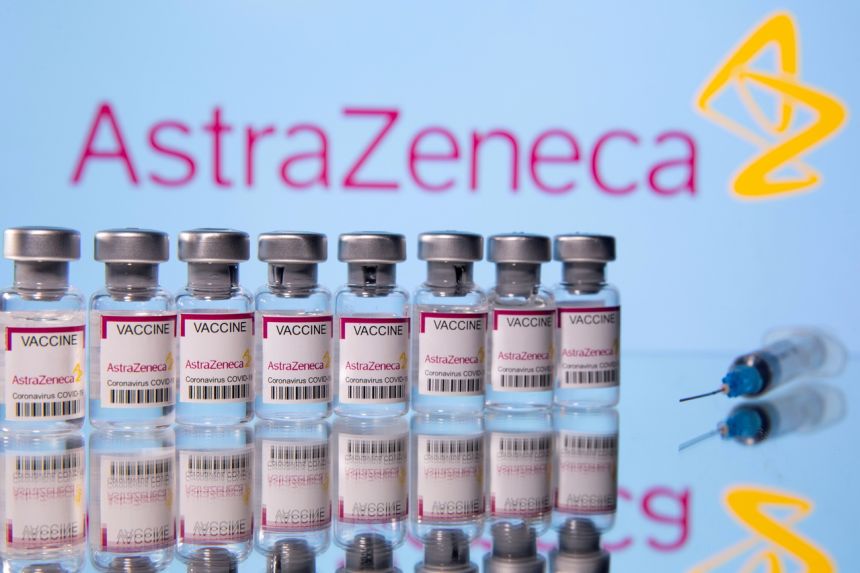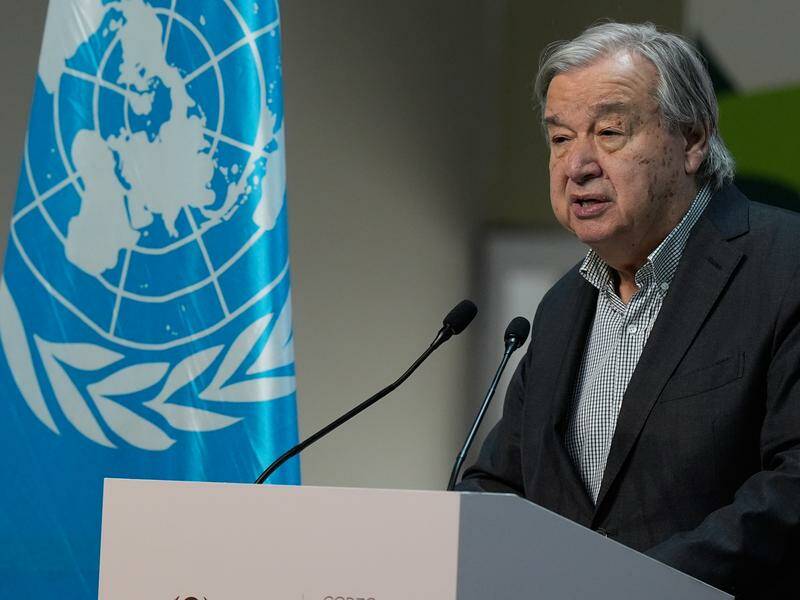According to a study, immune responses to the Oxford-AstraZeneca Covid-19 vaccine improve with a longer gap of about 10 months between doses, and a third shot can boost antibody levels even further.
Extending the gap between the first and second doses increased the level of protective antibodies, according to research from the University of Oxford published on Monday (June 25). The Oxford University study found that a third dose of the vaccine increases antibody and T-cell immune responses, while the second dose can be delayed up to 45 weeks and also lead to an enhanced immune response.
Andrew Pollard, director of the Oxford Vaccine Group, said that evidence that the vaccine protects against current variants for a sustained period of time meant that such a booster may not be needed.
Oxford's research was released in a preprint and looked at 30 participants who received a late second dose and 90 who received a third dose, all of whom were under 55.
Studies had previously shown that the shot, invented at Oxford University and licensed to AstraZeneca has higher efficacy when the second dose is delayed to 12 weeks instead of four weeks.
Extending the gap between the first and second doses increased the level of protective antibodies, according to research from the University of Oxford published on Monday (June 25). The Oxford University study found that a third dose of the vaccine increases antibody and T-cell immune responses, while the second dose can be delayed up to 45 weeks and also lead to an enhanced immune response.
Andrew Pollard, director of the Oxford Vaccine Group, said that evidence that the vaccine protects against current variants for a sustained period of time meant that such a booster may not be needed.
Oxford's research was released in a preprint and looked at 30 participants who received a late second dose and 90 who received a third dose, all of whom were under 55.
Studies had previously shown that the shot, invented at Oxford University and licensed to AstraZeneca has higher efficacy when the second dose is delayed to 12 weeks instead of four weeks.


















